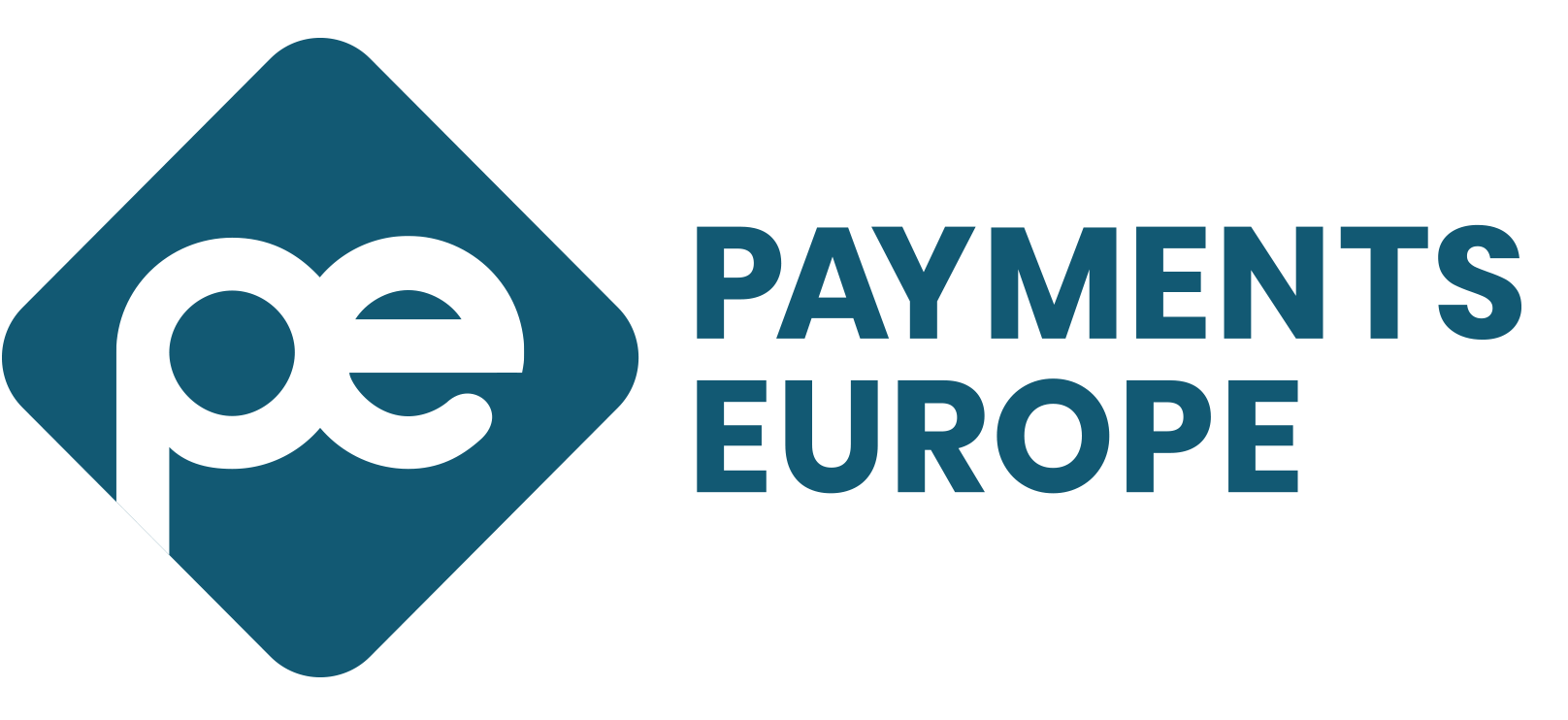On June 18, 2024, Payments Europe hosted a private roundtable for members, friends of the association and industry experts from the European Institutions, to discuss the latest regulatory opportunities and challenges in the payments space. This timely event, just after the European elections and ahead of the new European Commission’s formation, saw valuable contributions from representatives of the incoming Hungarian Presidency, as well as representatives of the Polish and Italian permanent representations.
With some 30 experts around the table, the working group focused specifically on the Payment Services Regulation and Directive (PSR/PSD), and the Digital Euro. Recurring topics of discussion were 1) the need for future-proof legislation to enable market actors to continue to innovate, as well as 2) ensuring the highest level of protection for Europe’s consumers.
Let’s take a look at Payments Europe’s priorities in relation to PSR and PSD:
- Tech neutrality is critically important to foster innovation and allow the market to continue to develop secure and user-friendly solutions;
- It is essential that the SCA framework ensures the highest level of consumer protection and fraud prevention. An SCA framework that allows and encourages PSPs to select the best combination of authentication methods and technologies is essential, as flexibility will have a positive impact on the introduction of new authentication solutions and prevent financial and digital exclusion;
- Open banking (and finance) should enable consumers to be in control of their data with strong and transparent measures to ensure data protection;
- Clear role and responsibilities of service providers are needed to ensure the highest level of service and establish clear practices whilst preventing unnecessary compliance burdens.
The European payments market is in constant evolution. Today, there are more brands and solutions available than ever before. The market is working well, and consumers and merchants benefit from the multiple payments options available. The Digital Euro can further enrich Europe’s digital payments landscape. Here are our priorities as the legislative framework for the Digital Euro moves forward:
- Clear use cases and benefits are required for the Digital Euro to succeed;
- A clear definition of the role of the ECB and a balanced compensation model will protect the level playing field and ensure that the business model of payments service providers remains sustainable as they provide their services in the long term;
- Equally important are legal certainty and a balanced liability regime;
- The rollout timeline of the Digital Euro requires considering the need to build public trust as well as to prioritise the implementation of offline payments features;
- The rollout proposal should promote open acceptance and interoperability with existing technologies and networks.
Dialogue between policymakers, regulators and industry is key to ensure we meet the needs of consumers and merchants: a safe, innovative and competitive payments landscape. All members of this ecosystem can count on Payments Europe to contribute to the conversation, bring data to life to assist in the development of the payment ecosystem and contribute to an evidence-based discussion. For the benefit of Europe’s consumers and merchants, and the payments market of the future.
Read Payments Europe’s full positions on the Digital Euro and PSD3 and PSR.






